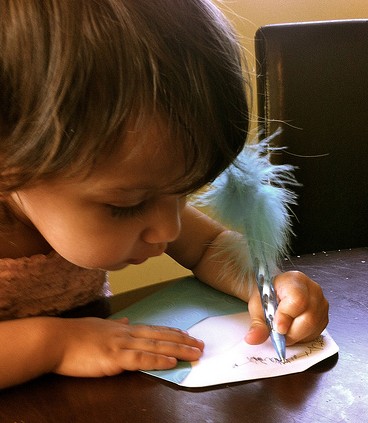How to Develop Your Unique Writing Style
When tackling the art of fiction writing, it’s common to immerse yourself in the fundamentals: plot, structure, characters—the building blocks…

When tackling the art of fiction writing, it’s common to immerse yourself in the fundamentals: plot, structure, characters—the building blocks…

When writers talk about “voice,” they are usually referring to an author’s style of writing. Agents use this definition too….

I’m sharing a post from a few years ago on a topic that I feel is so important for fiction…

Deep POV is truly all about voice. I pointed out in a previous post that there is a difference between…

I love talking about voice in fiction. I veer off from other “experts” in definition about voice. I believe that…

We’re wrapping up our look this month into Fatal Flaw #5: POV Violations. And there are many. POV “rules” aren’t hard…

In our first post exploring this eleventh pillar of novel construction—Writing Style . . . Concise and Specific—we looked briefly at what…

Our year-long look at the twelve key pillars of novel construction is winding down. We’ve already taken an in-depth look…

Last week we began looking at the topic of “voice” in a novel as the 10th pillar of novel construction,…

Subscribe to my email blasts to level up your writing and be notified of upcoming events and offers!
No products in the cart.